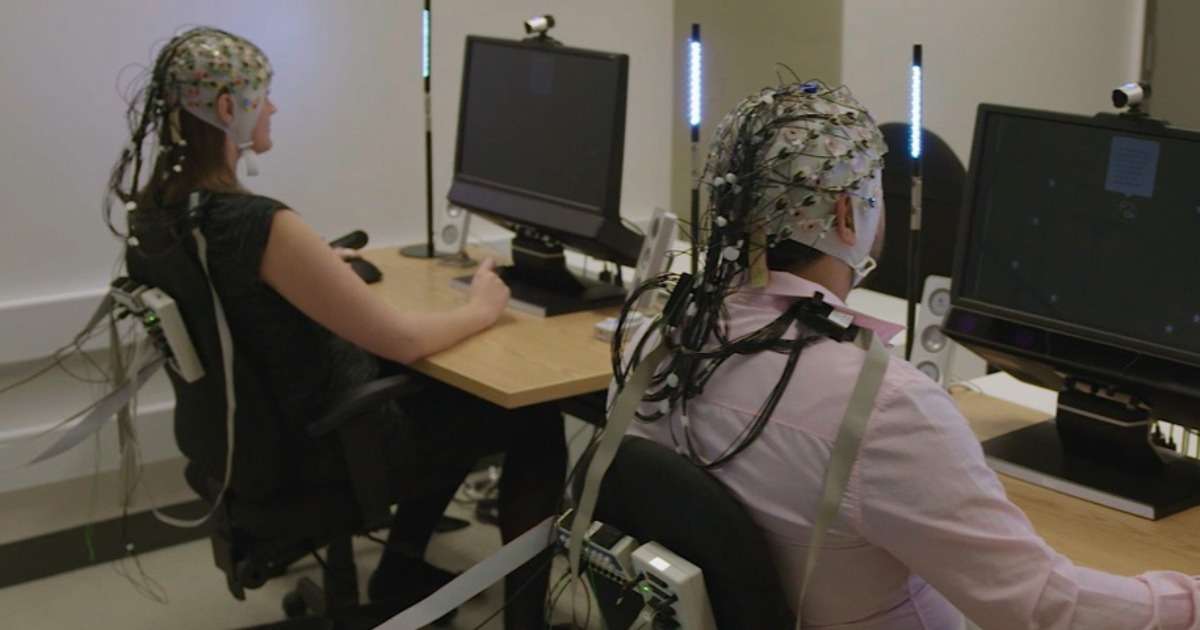Emotions
Emotions are what makes us human, and we all experience them. Emotion data provides crucial insights that allow researchers to gain insight in complex human behaviors in greater depth. Emotions can play a role in all kind of matters. For example, in the decisions we make whether or not to buy something, in food choices we make, and in how we interact with others.

For Pete’s Sake: Measuring Frustration
Within the field of human factors and usability, frustration poses an interesting challenge. It can be a barrier for learning. So how can we measure frustration in order to minimize it?

Consumers' food choices and emotions
Is there a relationship between food choice and a person’s mood? Bartkiene et al. examined the factors that influence our food choice, using facial expression analysis.

SUKIPANI: The magic word for making a smile
The SUKIPANI smile is an exercise to train the muscles you use while smiling. Dr. Sugahara explains the effect of the movements of the muscles and uses FaceReader to analyze the smiles.

What is RPPG?
Nowadays, measuring heart rate and heart rate variability can be done remotely, without all kinds of devices being attached to the test participant, using remote photoplethysmography (RPPG). What is RPPG and how does it work?

Emotional responses to infant crying
Hearing an infant cry can cause negative emotions, which can impact the way we respond. Researchers Riem and Karreman instructed parents to apply specific emotion regulation strategies in response to infant crying.

How botulinum toxin affects facial expression
For the past twenty years, the demand for cosmetic procedures to the face has increased drastically. New technologies have become available that make it possible to look ‘better and younger’.

What is Biometric Research?
Biometric research is the study of subconscious processes related to attention, cognition, emotion, and physiological arousal.

Analysis of facial expressions of emotions in children
The study described in this guest blog post focuses on the facial expressions of emotions induced by affective stimuli in children aged between 7 and 14.

Can facial expressions and emotional reactions predict likeliness to buy?
Think about some of your favorite holiday foods – what are they? Maybe gingerbread, candy canes, or pies?

Validation-study: Basic emotions and Action Units detection
Guest blogger Jan Zumhasch, a certified FACS-coder, explains why FaceReader is amazing if you want to analyze facial expressions and emotions.
